Rocks & minerals
Where can I find information about rocks and minerals?
(Years 5-8)
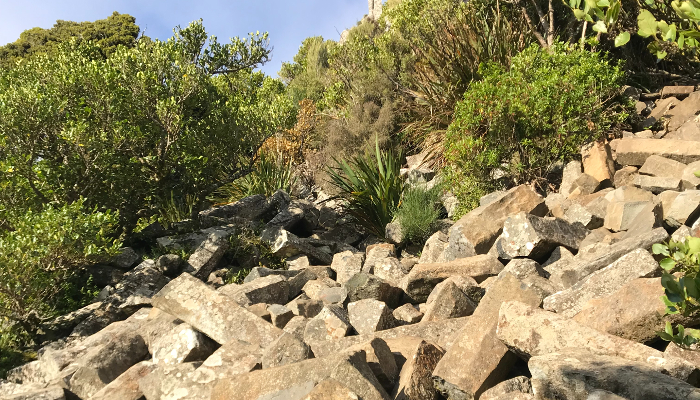
Image: Basalt organ pipes on Mt Cargill, Dunedin, New Zealand by Sarahlibrarina on Wikimedia Commons.
Entry last updated: 15/01/25
Introduction
The Earth is made up of all different kinds of rocks and minerals, which are all part of the rock cycle. Have a look at this entry to find out more about the different types of rocks and how they are made.
Definitions
Here are some words you might come across when you are reading about rocks and minerals. Use them as search words or keywords in the websites below.
Geology: The study of the earth, which means how it was formed and what it is made up of.
Minerals: These are solids that are formed naturally in the earth. Some examples are gold, copper, and silver.
Rocks: A hard material usually made up of two or more minerals. Rocks can be smooth or rough.
Stones: Stones are made of the same things as rocks, the only difference is size. Rocks can be very large and stones are small enough to carry in your hand.
The rock cycle: This is how rocks are made, and how they change into different types of rock. There are 3 main types of rocks in the rock cycle: sedimentary, igneous and metamorphic.
Sedimentary rocks: These types of rocks are made when sand, mud and smaller stones get squashed together until they become rocks.
Igneous rocks: These rocks are formed when magma, which is a hot liquid rock that comes from volcanoes, cools down and hardens into rocks.
Metamorphic rocks: This is when existing rocks such as sedimentary and igneous rocks get heated or squashed together to form new rocks.
Tips: If you're not sure what a word means, try using Google as a dictionary. Just put 'define' in front of the word and then search eg define geology.
General websites
Use these websites to find out about different types of rocks and minerals, rock cycles, how rocks and minerals are formed, and uses of rocks and minerals.
This is one of the EPIC databases, which is a collection of reliable databases covering lots of different topics. It is put together especially for New Zealand school students and helps to answer questions like this.
To find out about rocks, once you have logged in:
Enter the keyword 'Rock'.
Make sure you choose Rock (geology) because 'rock' is also a type of music.
You can always change your level to get more or less information at the top of the page.
Use these steps to find information on minerals:
Enter the search word 'mineral' into the search bar.
Choose mineral (chemical compound) to read about groups of minerals and examples of minerals.
Tips: To get to the EPIC resources you will need a password from your school librarian first. Or you can chat with one of our AnyQuestions librarians and they will help you online. Some EPIC databases may also be available through your public library.
This is an illustrated website aimed at kids that has easy to read facts about earth science, including rocks, minerals, fossils, earth processes, volcanoes and earthquakes.
To find information about rocks and minerals, just choose Rocks and minerals from the top of the page.
Tips: Websites that have .org or .net in the address can have good information, but you need to assess how reliable it is. If we look at One Geology's main page, we can see that they are an organisation that collects and shares information about geology all over the world.
Rocks in New Zealand
Here are some websites to help you find out about rocks and minerals in Aotearoa New Zealand.
Te Ara: The Encyclopedia of New Zealand
Te Ara is an excellent starting point for all questions about Aotearoa New Zealand. If we look down to the bottom of the page we can see that the website belongs to the Ministry for Culture & Heritage, so the information is well-researched and reliable.
Go to Topics and select Geology and mining.
This will bring a list of different stories about the geology of New Zealand.
Choose from different stories like Rock and mineral names, Kōhatu – Māori use of stone, or gemstones.
Or choose stories about different minerals, including gold and iron, as well as rocks like limestone eg Rock, Limestone and clay, and Salt.
Tips: We like sites like this because they’re reliable. You can tell because of their web address – they have either .govt or .ac, meaning they are from government or educational organisations. They’re also New Zealand sites, so relevant for us.
Created by the University of Waikato and Curious Minds (NZ), you find a selection of science topics with articles, activities and videos for intermediate students.
Enter 'rocks' or 'minerals' as separate search words.
Geology, identifying volcanic rocks, and What are minerals? are some examples of what can be found on these topics.
Tips: Search words, or keywords, are the most important words in our question. You can leave out small words like ‘the’ and ‘of’ and just choose the main ones. We can always change our keywords or add more if we need to.
Books
Have a look at your school or local library for these books, or ask your librarian for more ideas:
Ultimate rockopedia: the most complete rocks & minerals reference ever by Steve Tomecek.
Rocks and minerals: all the latest facts from the field by Ruth Strother.
A photographic guide to rocks & minerals of New Zealand by Nick Mortimer, Hamish Campbell and Margaret Low.
A to Z of Rocks, minerals and gems by Claudia Evans.
Gems for kids: a Junior Scientist's guide to mineral crystals and other natural treasures by Lee Hall and Ashley Hall.
SCIS no. 5463862
Topics covered
Related content
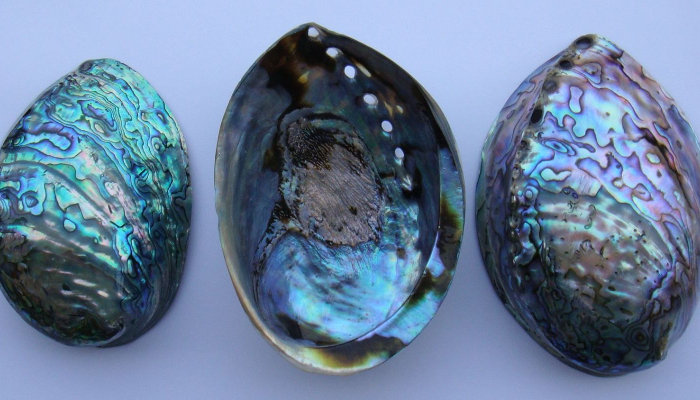
Stones & shells (New Zealand)
Where can I find information about New Zealand's precious stones and shells?
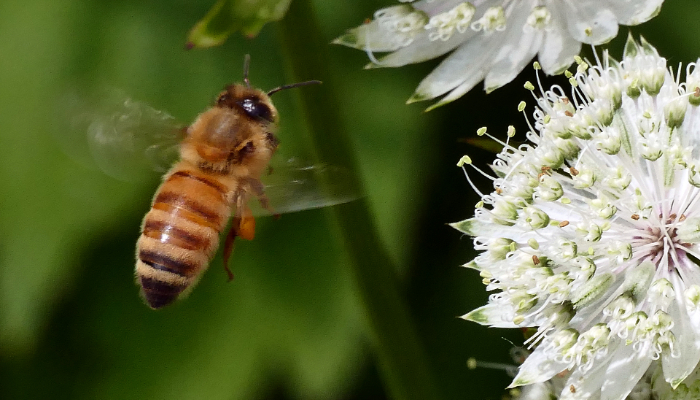
Biology (junior)
Where can I find facts and information about biology?
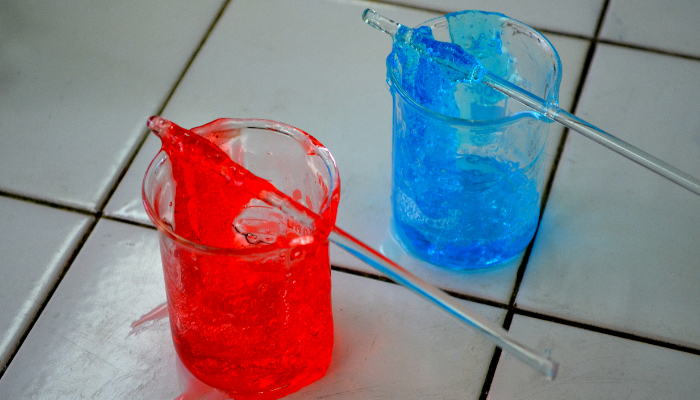
Chemistry (junior)
Where can I find information about chemistry?
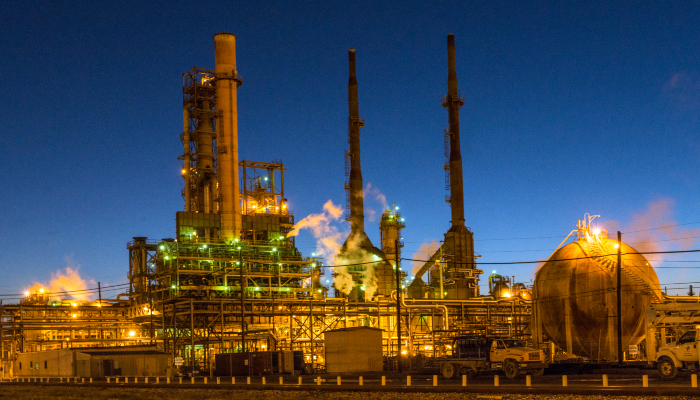
Oil and gas (fossil fuels)
Where can I find information about oil and gas (fossil fuels)?

Scientists (New Zealand)
Where can I find information about New Zealand scientists?
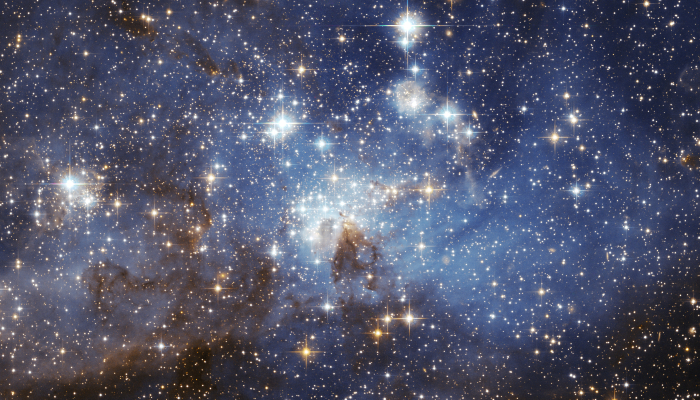
Stars
Where can I find information about stars in space?
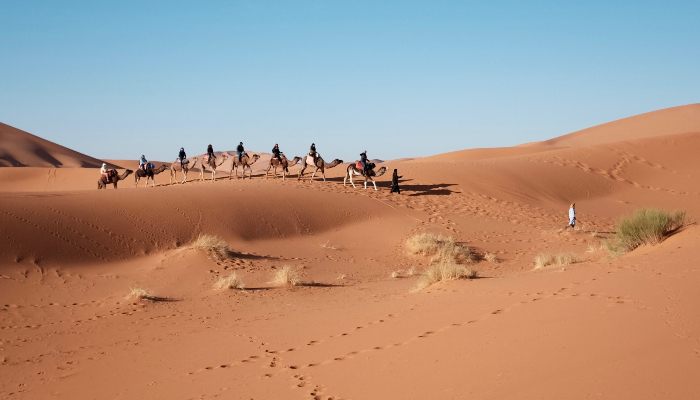
Deserts
Where can I find information about deserts around the world?
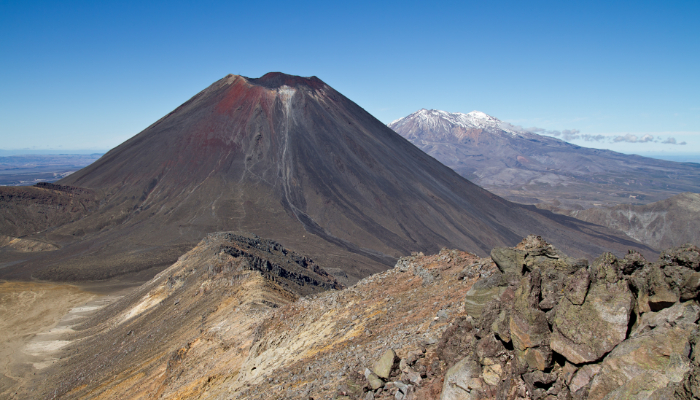
Volcanoes (NZ)
Where can I find information about volcanoes in New Zealand?

Plastic
Where can I find information about plastic?
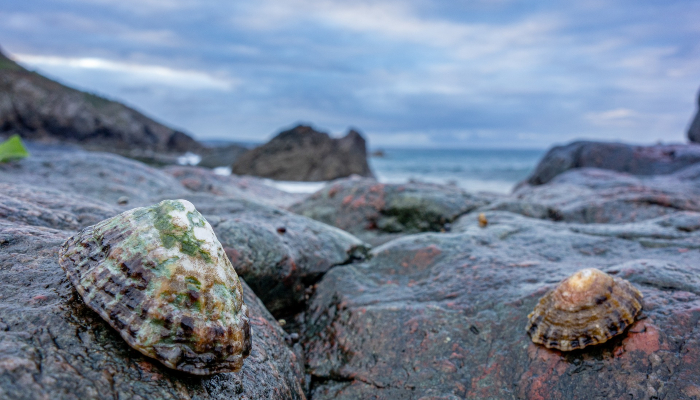
Rocky shore (New Zealand)
Where can I find information about the rocky shore?
